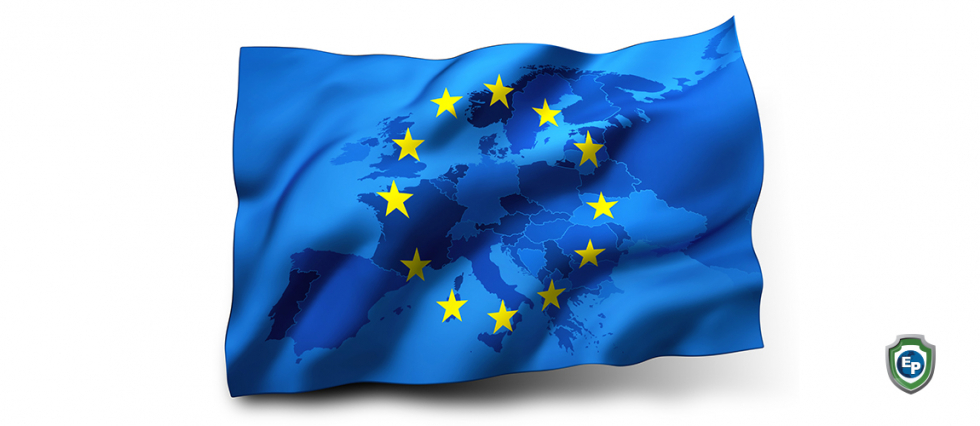Now that Dutch Lawmakers have Approved a Canada-EU Trade Deal, What's Next
On February 18, 2020, the Dutch parliament narrowly approved the Comprehensive Economic and Trade Agreement (CETA).

At the time of writing, the news cycle is wholly dominated by COVID-19 talk. And understandably so. But life does go on, and we will return to something resembling normalcy soon enough. Way back on February 18, 2020 (if you can remember that far back), the Dutch parliament narrowly approved the Comprehensive Economic and Trade Agreement (CETA). CETA is one of the more controversial and byzantine trade agreements we’ve seen in quite some time. CETA would see the removal of tariffs on a whopping 99% of goods traded between Canada and the European Union, some for a period of up to seven years. The deal has been provisionally in force since September 2017, but to this point, it has only been ratified by 13 EU nations as well as Canada.
CETA would be a huge step forward and would lay the groundwork for all future deals between Canada and the EU. However, the agreement has its fair share of critics. Some argue that CETA unfairly favors big and multinational corporations and that it could result in lower standards on environmental protections as well as food safety and animal welfare. As a result, opposition to the deal has produced in some strange bedfellows. Environmentalists, animal rights activists, anti-EU, and far-right groups all find themselves on the same side in their opposition to CETA.

The deal is far from perfect, to be fair. Many of these criticisms are valid. But there’s no question that, under CETA, many Canadian and European businesses would have unfettered access to large, new markets. There could be huge potential for profits to be made, not just by the multinational corporations (which always seem to fair all right) but also for small and medium enterprises. But as with any new trade deal, learning how to navigate to the new landscape is tricky, especially with an agreement as complex and wide-ranging as CETA. Export Portal can help SMEs on both sides of the Atlantic figure out how best to take advantage of this new deal.
The Dutch vote was vital as the Netherlands was seen as perhaps the likeliest nation to scupper the deal. But the deal is not out of the woods yet. In theory, another EU member could notify Brussels that it has formally rejected the deal, thus stopping it dead in its tracks. Maybe, the complicated nature of the deal could leave room for workarounds even then. As evidence of the deal’s complexity, it took nearly seven years to negotiate. If you’re managing an SME, you can’t reasonably expect to figure out all of this on your own. Export Portal can help you establish a plan to take advantage of this post-CETA world, as well as a contingency plan if CETA does indeed fall apart at some point.






Comments 0